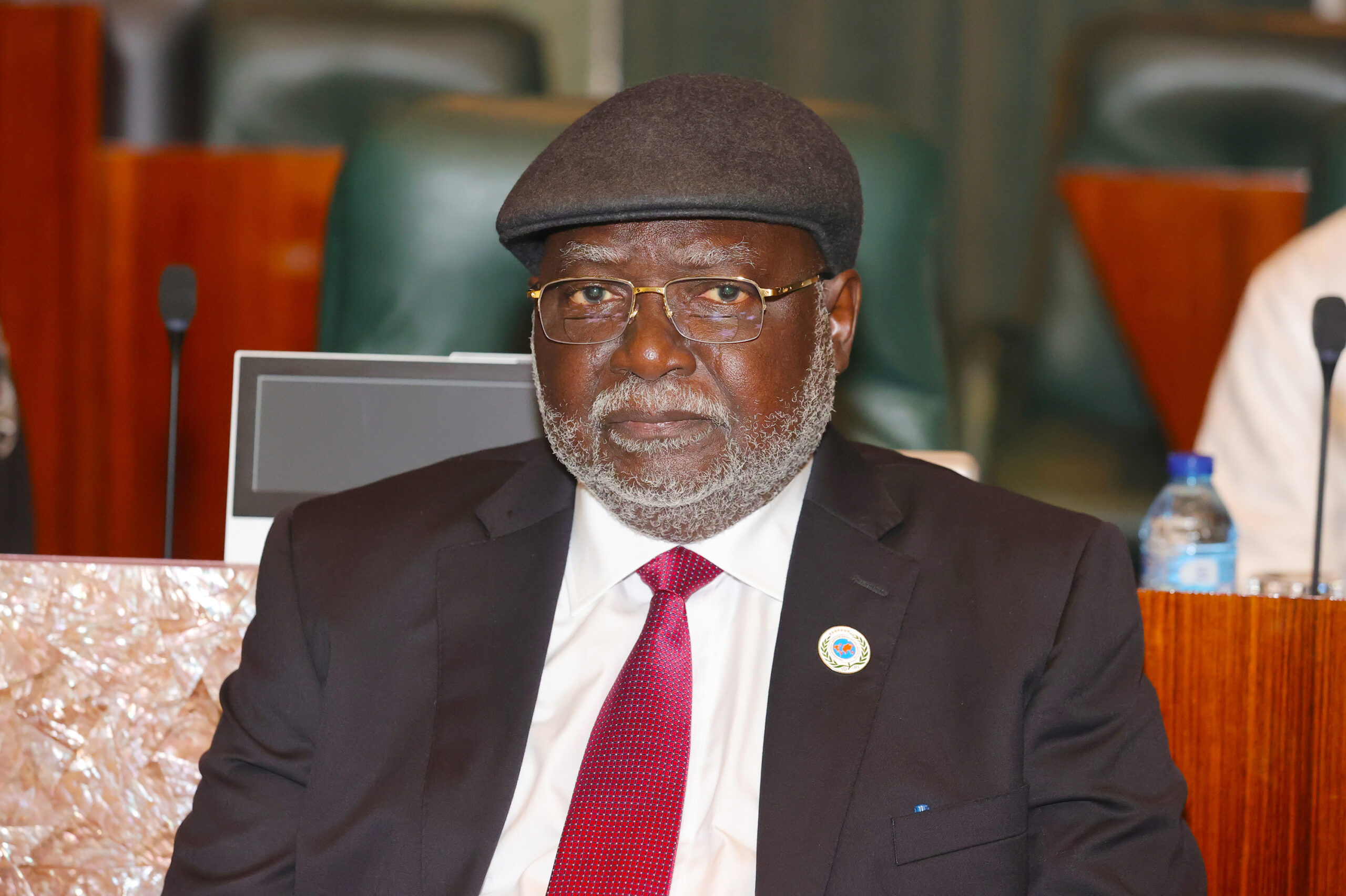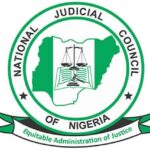The Senate, last week, confirmed Justice Olukayode Ariwoola, as the substantive Chief Justice of Nigeria (CJN) completing the constitutional process that effectively places the 68-year-old justice on the driver’s seat of the third arm of government – the judiciary.
Ariwoola’s elevation is well-deserved, as he had spent 11 years in the Supreme Court before he was appointed as Acting CJN in June 2022, to replace Justice Tanko Muhammed, who resigned under controversial circumstances.
- NIGERIA DAILY: How Illegal Arms Are Transported Daily To Northern Nigeria
- NASENI unveils plans to stop importation of artisans, empowers Oyo youths
Most importantly, his confirmation puts a lot of burden on his shoulders; the burden of ensuring justice delivery, and restoring credibility and integrity to the judiciary.
At the confirmation session in the Senate, Justice Ariwoola demonstrated how conversant he was with the besetting challenges facing the judiciary, as he rightly outlined the need for the deployment of modern technology to computerise the courts and enable lawyers to front-load and cross-load evidence and exhibits of cases to speed-up the process of hearing cases.
He also talked about providing lawyers the option of using virtual methods in presenting and defending cases in courts.
To deal with the delay in producing judgments, Justice Ariwoola told the Senate that efforts were being made to build the capacity of stenographers to understand technical terms that would facilitate their capacity to do verbatim transcription of submissions and judicial decisions by the courts.
He, however, anchored the success of his plans on the approval of budgets for the judiciary, saying, “The judiciary of Nigeria must be funded. Judges must not be seen cap in hand begging for funds. We have so much to do; we must not be seen begging.”
This issue of funding the judiciary has come up on several occasions. We urge the Senate to look into this and come up with measures to address it.
Though the judiciary is faced with some challenges, we insist that Justice Ariwoola must ensure his tenure asserts the independence of this important arm of government. Executive interference and judgments that are tilted towards political bias must not emanate from the hallowed chambers of the three courts. This is important in this election year when the government in power and political parties may want to use the courts for certain political gains. The judiciary must not allow itself to be used to settle political scores through the issuance of frivolous ex-parte motions and judgments that would delay court decisions in pre-election and post-election litigations.
The issuance of conflicting judgments must stop and judges who are fingered to be engaged in such must be sanctioned to serve as a deterrent to others.
In the same vein, the judiciary must look inwards, sanitise itself and forestall the tendency of the executive to rubbish or discredit it due to the unwholesome activities of some of its judges. In the past, Nigerians have witnessed with dismay how security operatives raided the homes of several judges in the night over allegations of corrupt practices.
There was the removal of Justice Walter Onnoghen as Chief Justice of Nigeria over allegations of wrongdoing, just as the immediate past CJN, Tanko Muhammed, left office over controversial circumstances. This is not good for the judiciary. For a people, who are in charge of checking wrongdoing and ensuring sanity in society, such should not be the case. They must live above board. It is important for the National Judicial Council (NJC), now headed by Justice Ariwoola, to put its house in order, set in motion internal processes for exposing and ensuring discipline of judges and judicial officials whose activities drag the reputation of the judiciary through the mud.
At the Senate confirmation hearing, Justice Ariwoola emphasised the need for judges to be careful in dispensing justice to ensure injustice is not done due to hasty judgments. On a general note, however, the slow dispensation of justice in Nigeria leans towards the dictum that says, ‘Justice delayed is justice denied.’ There are many cases bordering on human rights abuses, and associated crimes which are not treated with dispatch, leading to frustration among victims.
It is good that the new CJN has promised to deploy technology and boost skills of judicial workers to facilitate quick justice delivery. But these are not enough. It is important for the judiciary to recruit enough judicial officers, distribute cases and reduce the workload on the judges.
For instance, Justice Ariwoola admitted that there were only 13 justices in the Supreme Court, who now do the job meant for 21 justices. If this is the situation at the apex court, the situation in lower courts could be worse.
We urge the CJN to take this issue seriously, follow through and change the trend. In fact, this is one of the most important tasks before the new CJN, as according to the Nigerian Correctional Service, there were 74, 277 inmates in the prisons as at August 1, 2022, and of that figure, 52, 384 people are awaiting trial. This is definitely not good for the system.
We cannot overemphasise the significance of the timing of Justice Ariwoola’s confirmation, which is just a few months to the general elections. He must write his name in gold through his actions and those of members of the judiciary, whom we expect to follow in his footsteps.

 Join Daily Trust WhatsApp Community For Quick Access To News and Happenings Around You.
Join Daily Trust WhatsApp Community For Quick Access To News and Happenings Around You.

